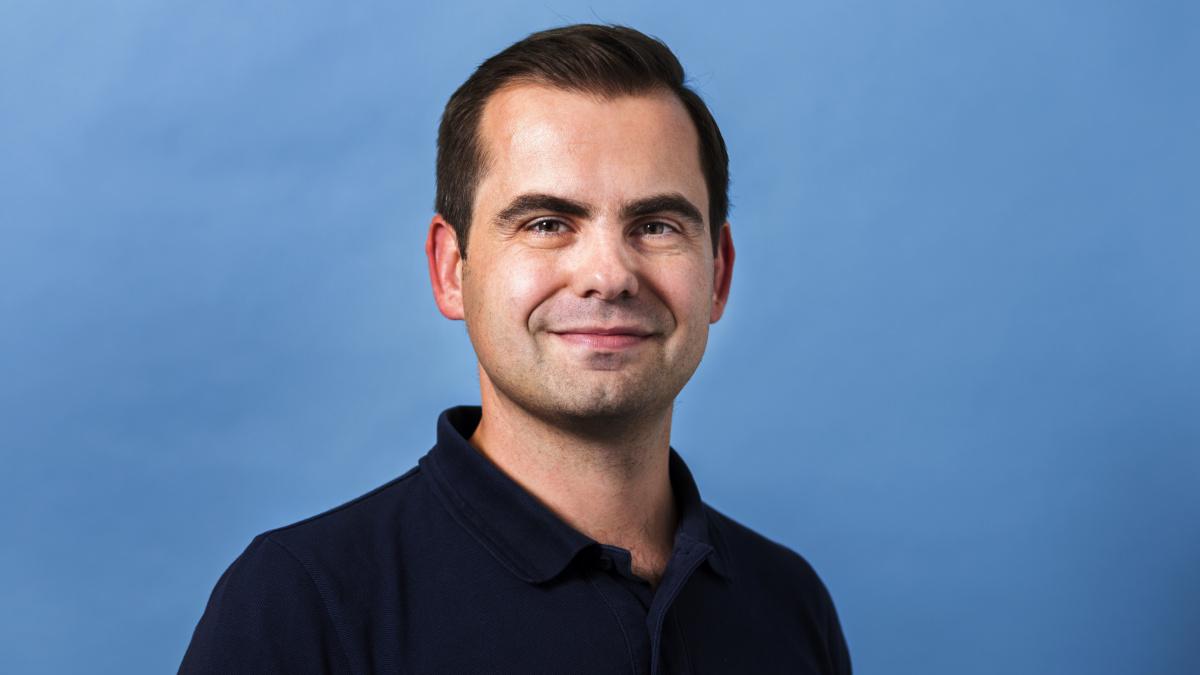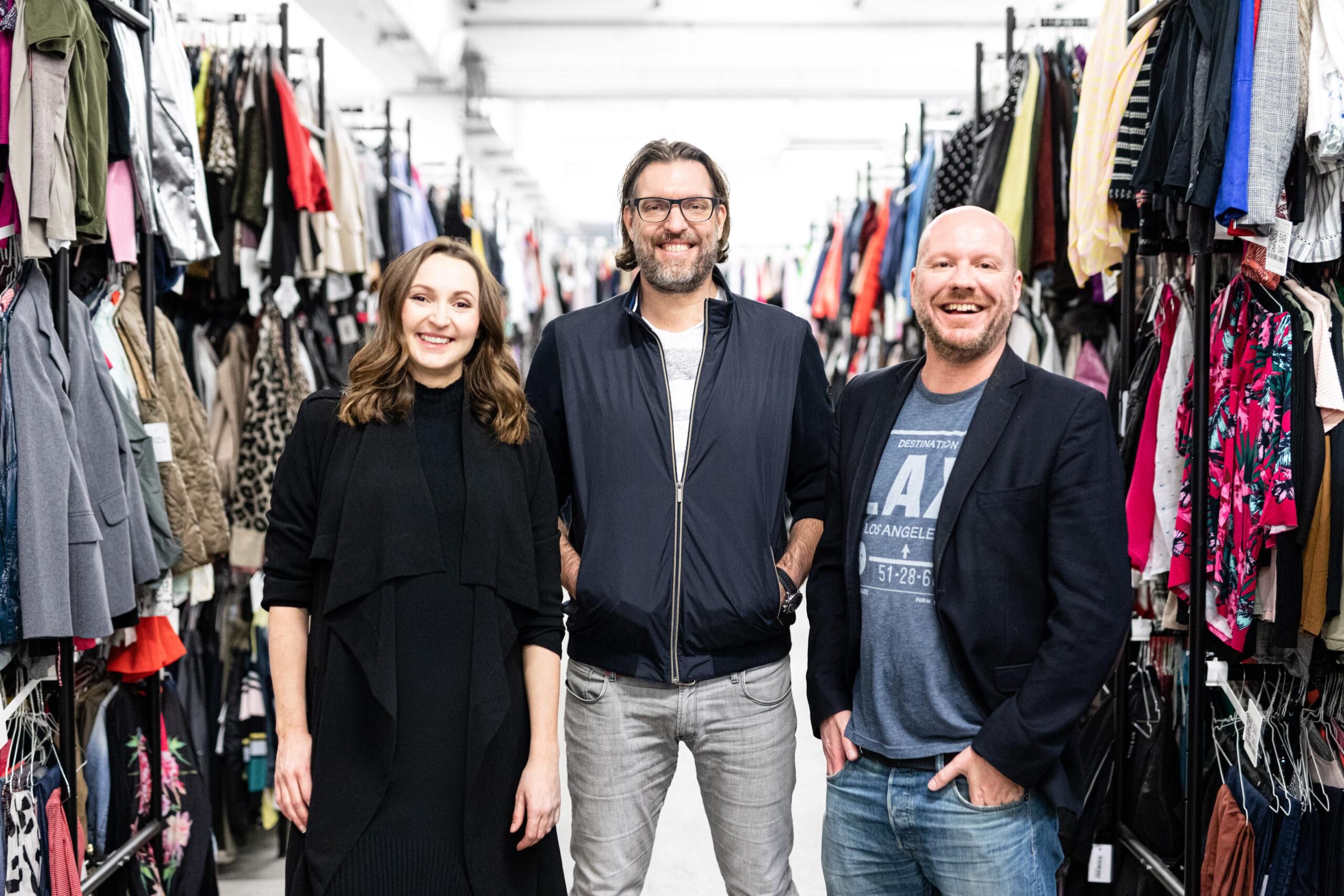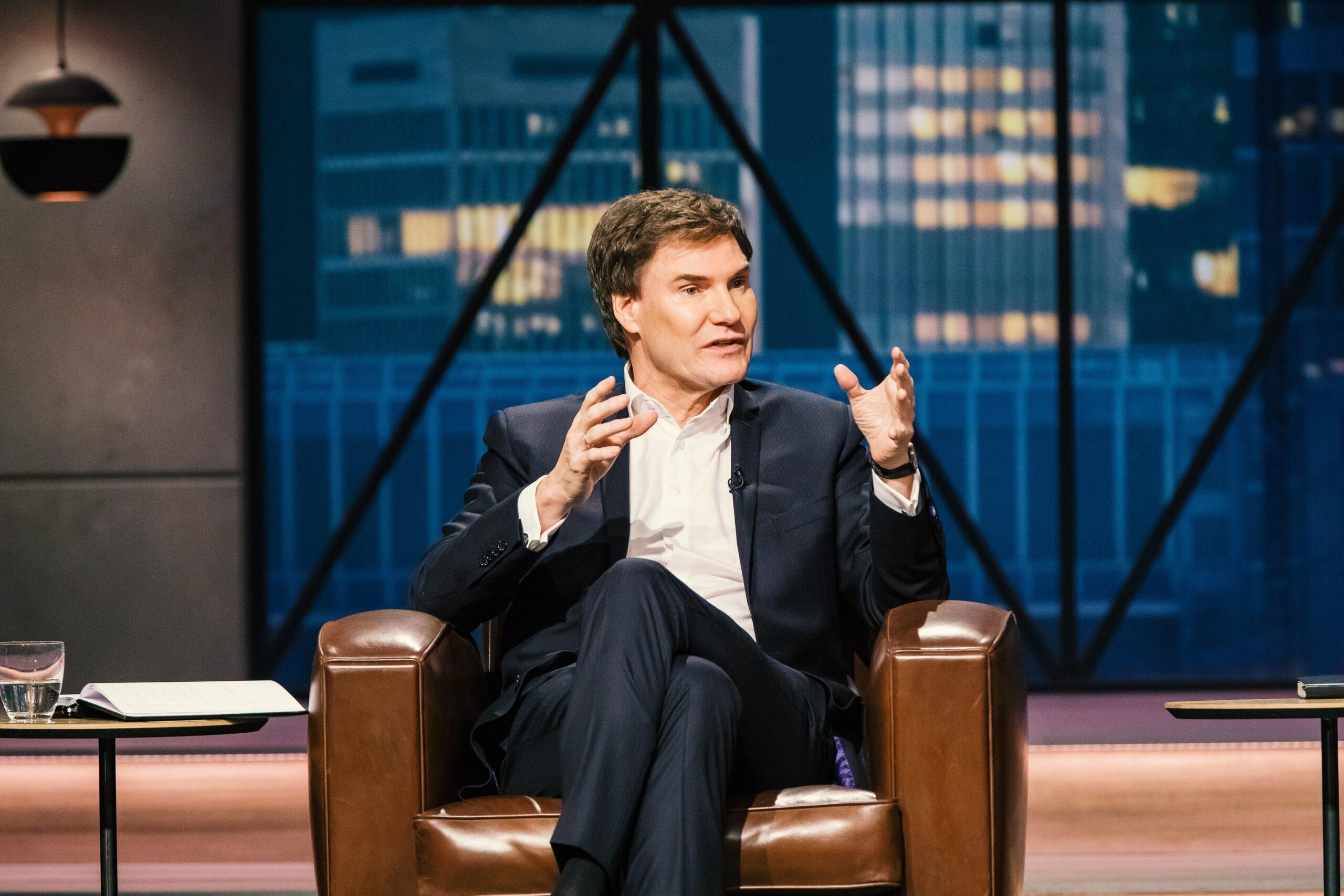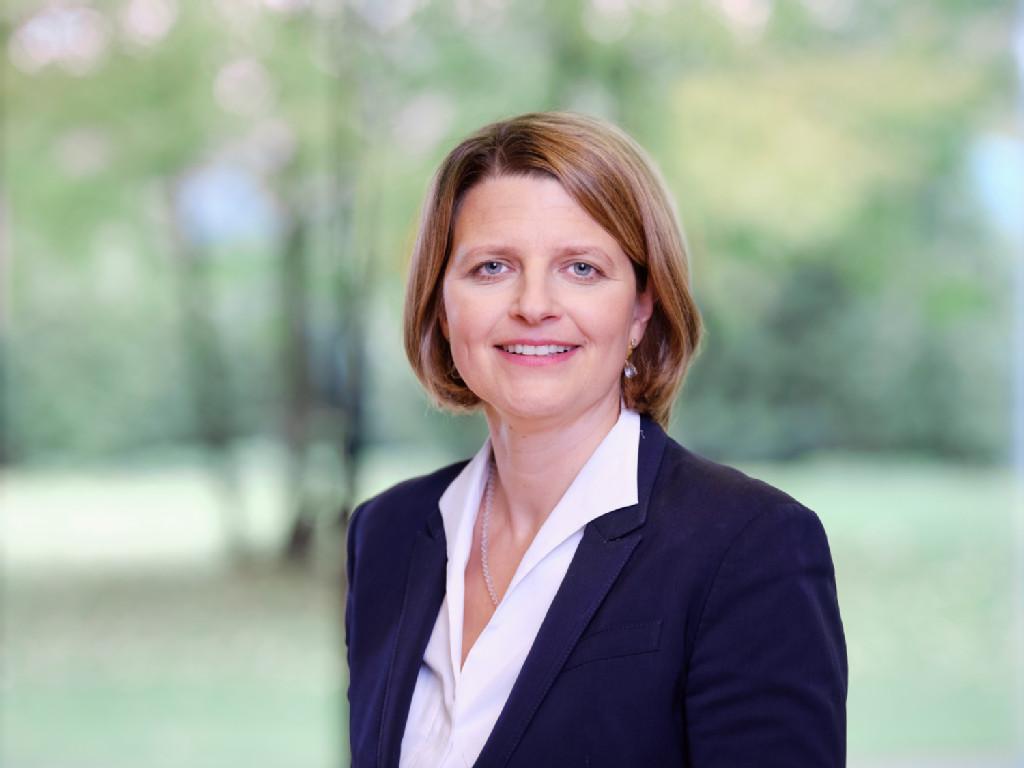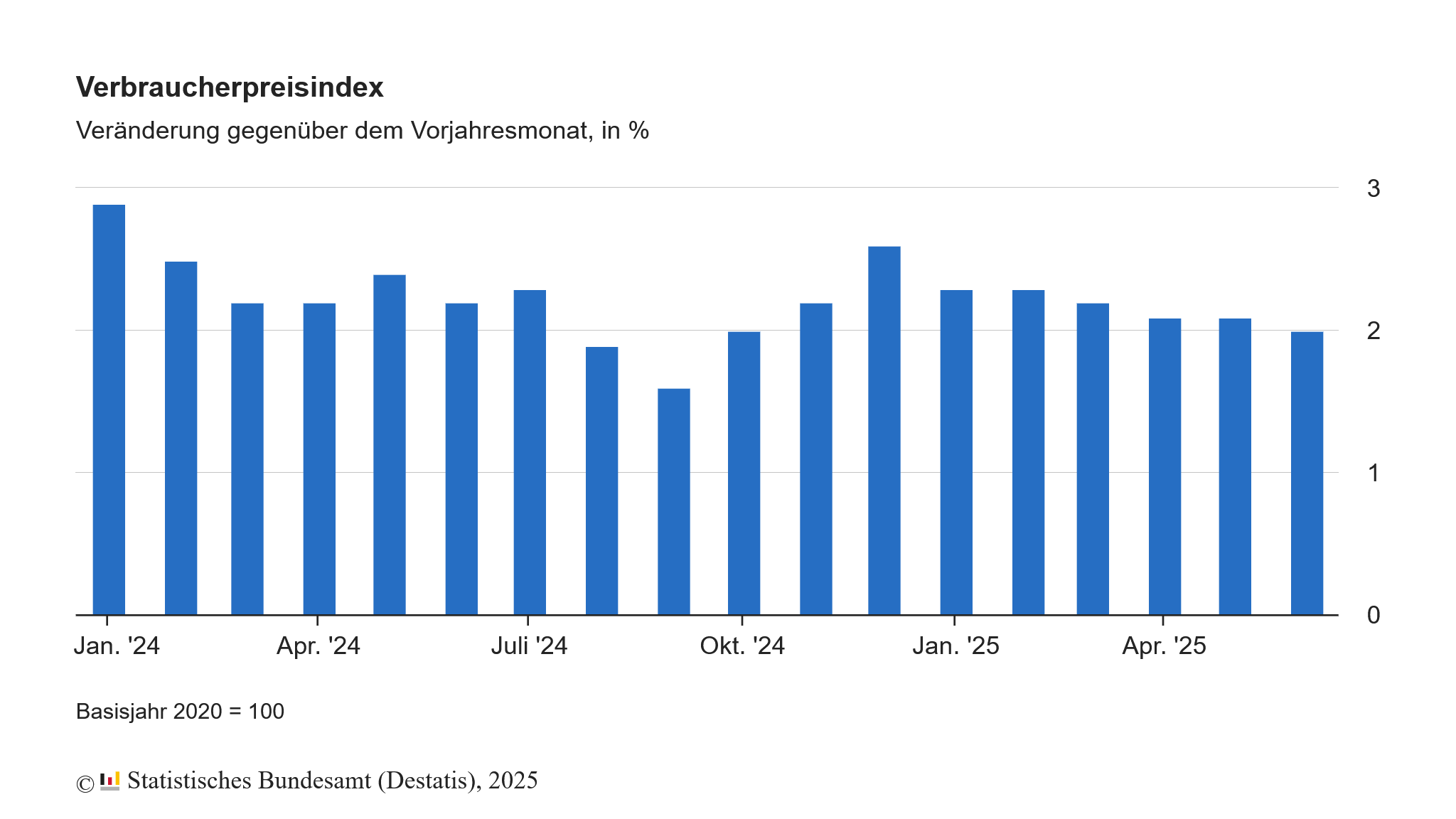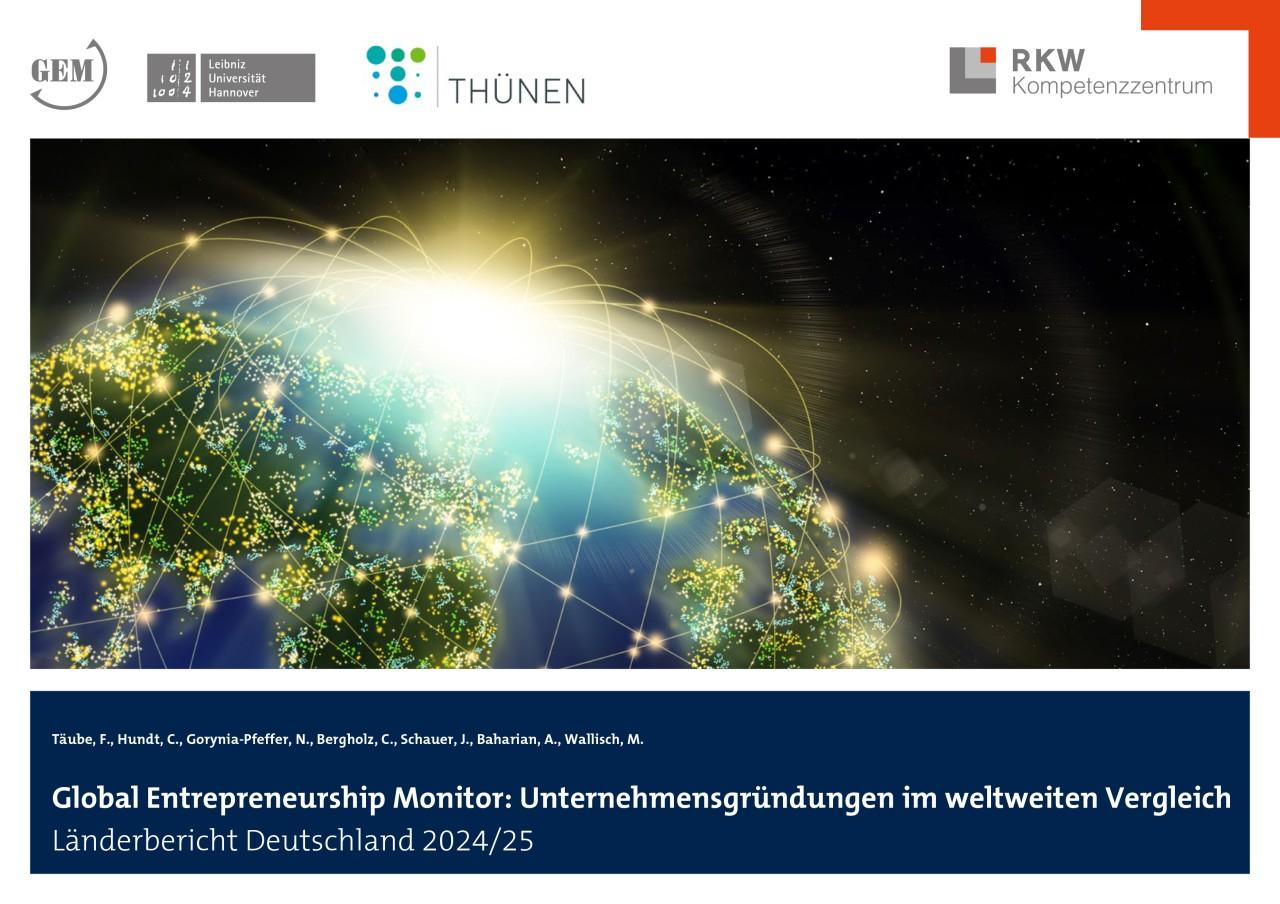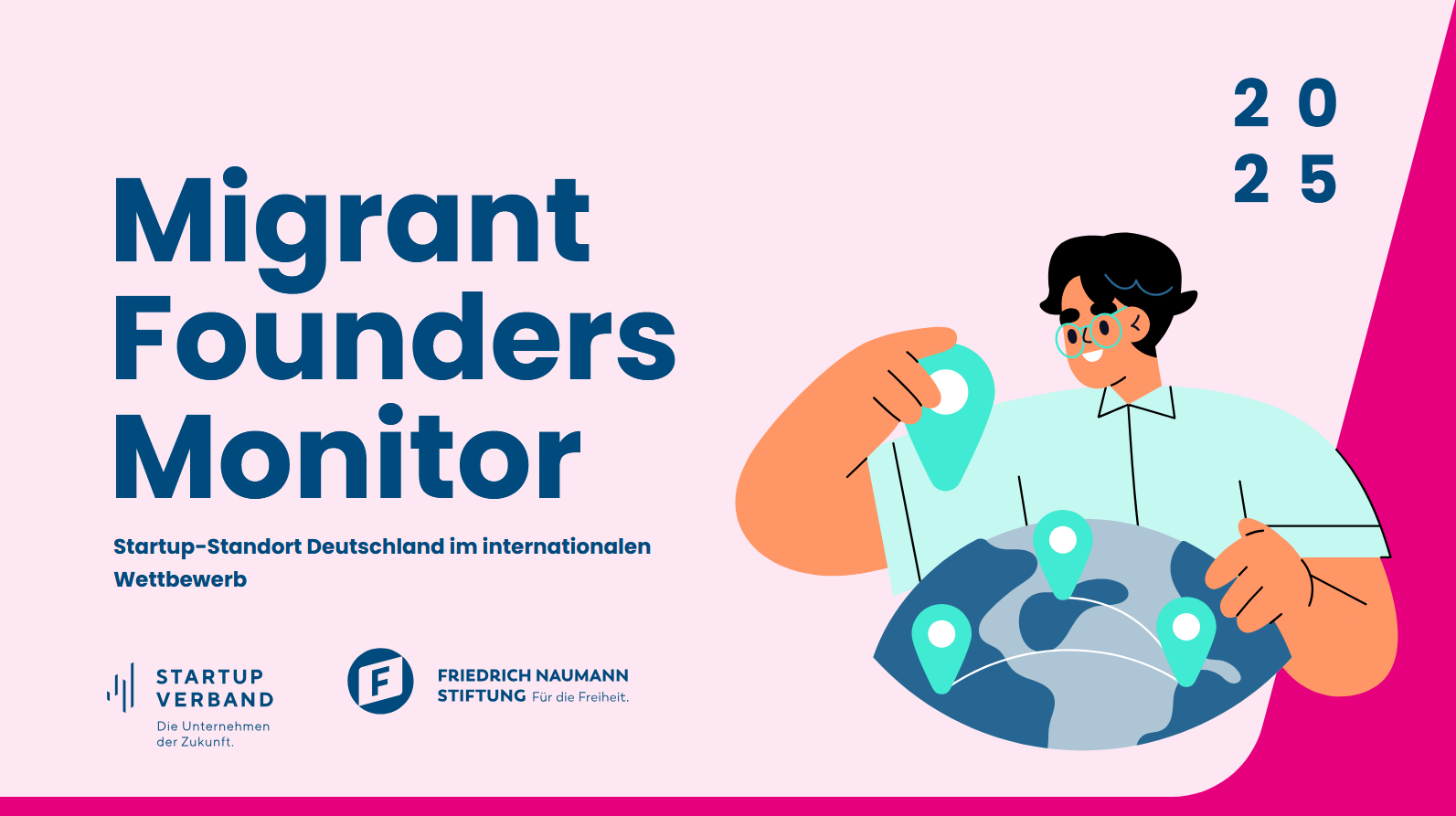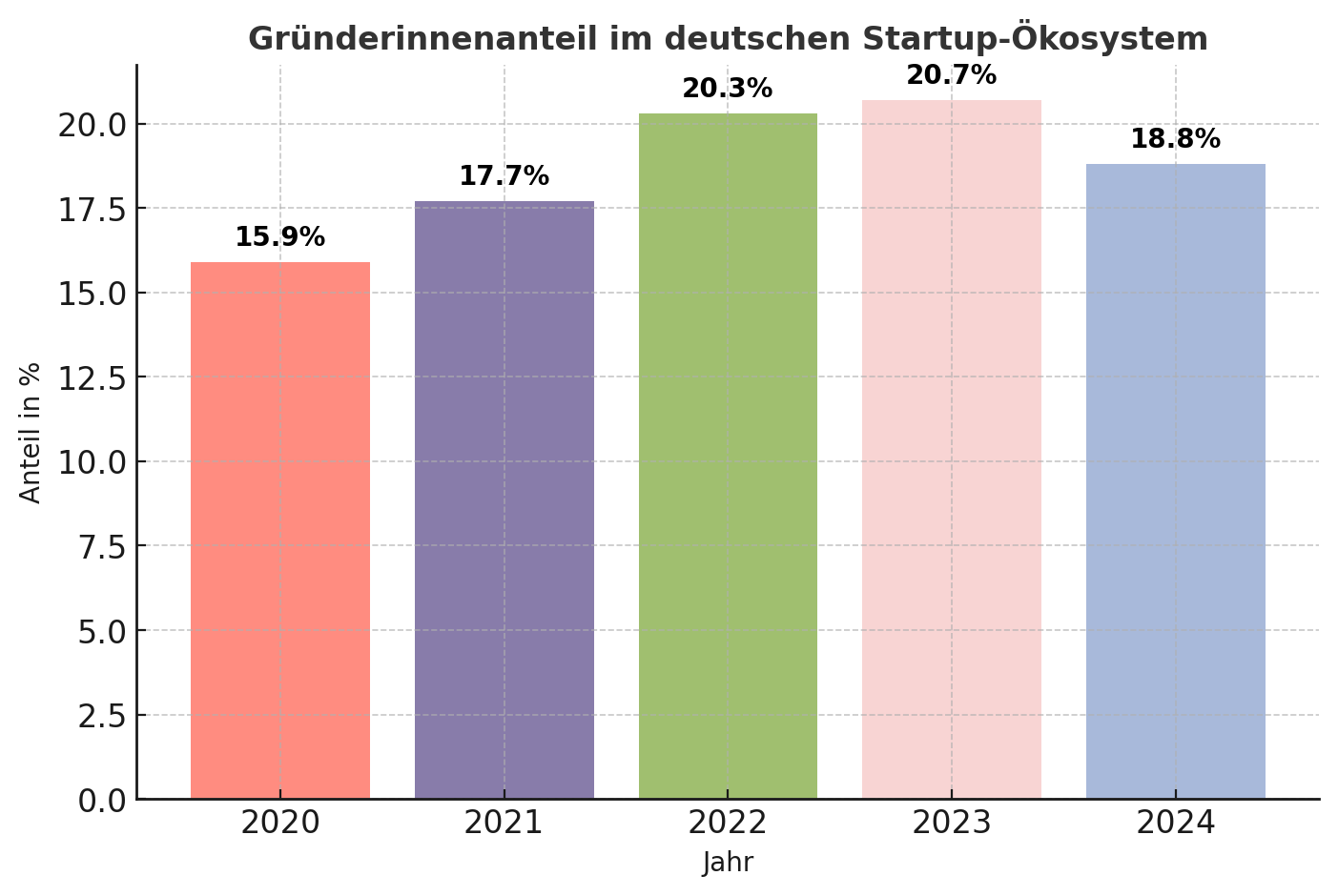This is what lies behind Grünfin's promise of sustainable investment

The founders Karin Nemec and Triin Hertmann promise the customers of their investment platform a lasting effect. This annoys consumer advocates.
Anyone who hears the companies Exxon Mobil, Nestle and Sony in the same sentence will probably struggle to find anything in common. With the "iShares MSCI World ESG Screened UCITS ETF", however, it is possible. Whether it is the oil company, the often criticized food producer or the technology company, they all meet certain sustainability criteria. This is because they do not rely on coal power and, according to the fund's assessment, are not associated with human rights violations.
The iShares MSCI World ESG Screened UCITS ETF aims to reach investors who want to put their money into environmentally friendly and fair companies. It is about sustainable investment - and companies that have been criticized for environmental pollution and electronics manufacturers that have been criticized for using forced Uyghur labour in supplier factories are a rather unusual choice.
ESG labels are not enough for sustainable investments
The example shows: If you really want to invest sustainably, you cannot blindly rely on ESG labels, but must look very closely at a fund's strategy and the companies in which it is invested. This requires a lot of time and a certain level of financial education. German banker Karin Nemec and Estonian manager Triin Hertmann want to help investors with this. Grünfin, as their fintech is called, aims to become "the best platform for sustainable investing in Europe", as co-founder Nemec says. But is it really that simple?
Grünfin has raised two million euros in investor funding in the two years since it was founded in Estonia. Now Nemec and Hertmann want to take off on the German market too. The founders describe Grünfin's concept as a mixture between an analog and a digital automated asset manager, also known as a robo-advisor.
Grünfin advertises a portfolio with impact
In a questionnaire, customers first indicate which topics are particularly important to them when investing. They can choose between climate protection, equal rights and health. Grünfin then puts together a portfolio of ETFs for the customer depending on their risk appetite and focus. A "portfolio with impact", Grünfin advertises accordingly on its website. But it is difficult to live up to this promise. This is because the financial sector, investors and consumer advocates do not agree on what is sustainable - and there is always the danger of falling into the greenwashing trap.
Karin Nemec and Triin Hertmann are also aware of this - and, by their own account, apply strict criteria when selecting ETFs. From thousands of ETFs analyzed by Grünfin's analysis team, eight were ultimately left, say the two founders. Many ETFs have received an ESG rating from rating agencies. "However, these ratings are often too lax," says Nemec.
"Rating agencies determine whether an investment product fulfills ESG criteria based on unverifiable data. They sell their ratings to fund companies and banks, but unfortunately these ratings are not independent or valid"
Niels Nauhauser, Consumer Advice Center Baden-Württemberg
However, this does not completely rule out the possibility that money is still flowing into companies that have a negative impact on society and the environment. Niels Nauhauser, financial expert and head of department at the consumer advice center in Baden-Württemberg, criticizes the fact that ESG ratings are awarded lightly. "Rating agencies determine whether an investment product fulfills ESG criteria based on unverifiable data. They sell their ratings to fund companies and banks; unfortunately, these ratings are not independent or valid," he says.
According to Nauhauser, the main problem is that there is no standard definition for sustainable investments and no state institution that checks whether sustainability promises are being kept. In addition to the information from the balance sheets, unverifiable self-declarations by the companies to be assessed are included in the rating. According to Nauhauser, there is therefore no reliable data required to assess how ecological the investment products really are.
Consumer advocates annoyed by Grünfin's promise
However, Grünfin has not only selected the eight ETFs that are currently eligible for the portfolios based on ESG ratings. For example, the fintech focuses on ETFs that meet the criteria for Article 9 in the EU Regulation on sustainability-related disclosure requirements in the financial services sector. In order to be classified under Article 9, funds must pursue a clear sustainability objective. "We also prefer ETFs from asset managers who exert a targeted influence in company supervisory board meetings to ensure that sustainability targets are met," says Nemec.
However, consumer advocate Nauhauser is also annoyed by the start-up's impact advertising promises. It is misleading, he says, because there is no evidence that buying shares on the stock exchange actually has an impact. The purchase of certain shares or ETFs would not directly lead to a company building a new wind power plant, for example - after all, the share had previously been bought from another market participant, explains Nauhauser. Actual impact could be achieved, for example, if investors made capital available to a new market participant, without which it would not be possible to build another wind turbine.
Grünfin founders Karin Nemec and Triin Hertmann see things differently. As an individual investor, you only have limited influence. "But there is strength in community." If investors were to act as a collective with billions or trillions in assets, then even large companies would have an open ear for their concerns. Grünfin has also teamed up with Share Action, a non-profit investor association that acts as an interest group in contact with companies and calls for action in areas such as climate protection.

Newsletter
Startups, stories and stats from the German startup ecosystem straight to your inbox. Subscribe with 2 clicks. Noice.
LinkedIn ConnectFYI: English edition available
Hello my friend, have you been stranded on the German edition of Startbase? At least your browser tells us, that you do not speak German - so maybe you would like to switch to the English edition instead?
FYI: Deutsche Edition verfügbar
Hallo mein Freund, du befindest dich auf der Englischen Edition der Startbase und laut deinem Browser sprichst du eigentlich auch Deutsch. Magst du die Sprache wechseln?

